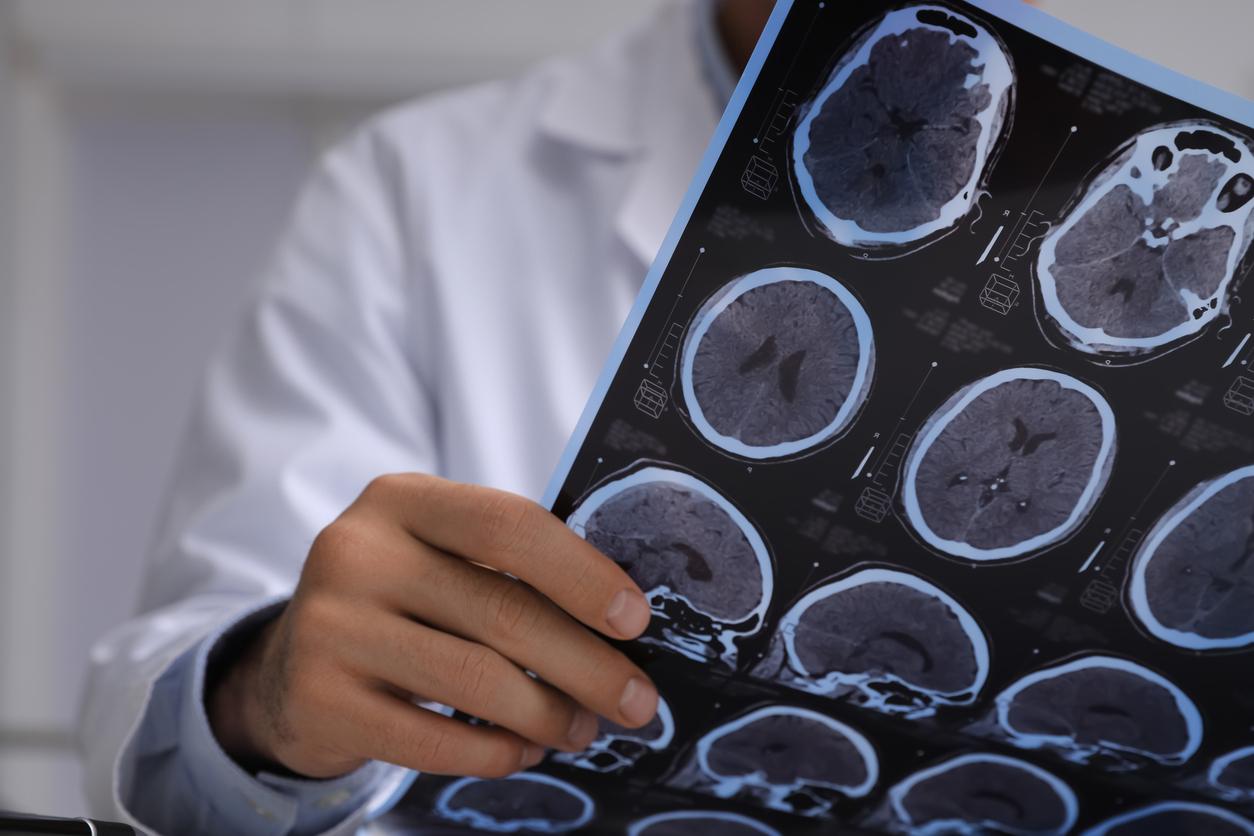The use of neuroleptics in adults with dementia is associated with elevated risks of a wide range of serious adverse effects.

- Significantly increased risks for almost all adverse events assessed were observed in patients with dementia taking antipsychotics.
- Researchers noted a particularly sharp increase for pneumonia, acute kidney injury, stroke and venous thromboembolism in the first 90 days after a prescription.
- For almost all side effects, the risks were highest during the first week of antipsychotic treatment.
In case of dementia, antipsychotics, which reduce behavioral and psychological symptoms, are taken by patients. Problem: These drugs have been singled out for safety concerns in the treatment of stroke and a high risk of death. Yet they are still widely prescribed to treat depression, aggression, anxiety, irritability, delirium, and psychosis due to less conclusive evidence. In a recent study, published in the journal British Medical Journal (BMJ)British researchers wanted to evaluate the risks of multiple side effects associated with the use of neuroleptics in people with dementia.
Antipsychotics: risperidone, quetiapine, haloperidol and olanzapine were the most prescribed
As part of their work, they recruited 173,910 adults (including 63% women), aged on average 82 years, diagnosed with dementia between January 1998 and May 2018 and who had not received antipsychotics during the period. year preceding their diagnosis. The team also identified 35,339 patients who were prescribed a neuroleptic on or after the date of their dementia diagnosis. According to the data, the most commonly prescribed antipsychotics were risperidone, quetiapine, haloperidol and olanzapine, which together accounted for almost 80% of all prescriptions.
For the research, the primary outcomes were stroke, venous thromboembolic disease, heart attacks, heart failure, ventricular arrhythmias, fractures, pneumonia and acute kidney injury. The scientists also took into account potentially influential factors, including the patient’s personal characteristics, lifestyle, pre-existing health conditions and prescribed medications.
Dementia: higher risk of pneumonia in patients taking antipsychotics
Results showed that antipsychotic use was associated with increased risks for all outcomes except ventricular arrhythmia. In detail, during the first three months of treatment, pneumonia rates among patients taking antipsychotics were 4.48% compared to 1.49% for non-users. At one year, this rate rose to 10.41% for users of antipsychotics compared to 5.63% for non-users. “The use of neuroleptics was also associated with elevated risks of venous thromboembolism, stroke, fractures, myocardial infarction and heart failure”we can read in the study.
According to authorsthe risks were found to be highest shortly after the start of treatment, “which highlights the need for increased caution in the early stages of treatment. (…) The potential benefits of antipsychotic treatment should be weighed against the risk of serious harm and treatment plans should be reviewed regularly,” they concluded.


















